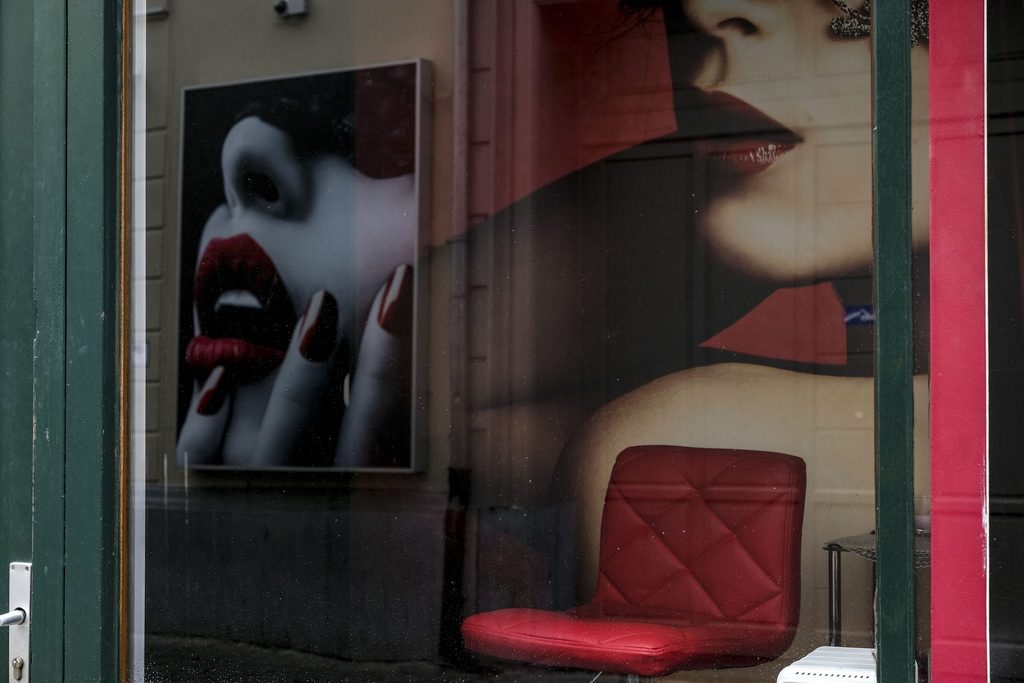The Horeca industry, encompassing restaurants, bars, and hotels, is vehemently opposed to the idea of integrating sex workers into their joint committee, as proposed by Minister of Economy and Employment Pierre-Yves Dermagne.
The move, intended to provide social rights and protections for sex workers, has been met with concerns from the Brussels and Walloon employer federations.
The legal landscape for sex work has evolved recently, with the decriminalisation of prostitution for adults under the new Sexual Criminal Code. This has prompted discussions about affording social rights to sex workers, formally recognising them as such rather than under ambiguous job titles like "waitresses."
Minister Dermagne aims to place sex workers within the existing joint committee (CP 302) of the Horeca industry, citing some sex workers' current involvement in bars and hotels, and their need for job anonymity.
However, this proposition has been met with resistance. Ludivine de Magnanville, president of the Brussels Horeca Federation, and Frederik Da Soghe, Vice-President in charge of the bar and nightlife section, have outlined four key practical challenges.
Practical or moral objections?
Industry leaders question how occupational medicine would be handled in cases involving sexual relations between employees and customers, potential transmission of sexually transmitted diseases, managing power dynamics, and addressing BDSM practices. Salary scales also pose a challenge, as the Horeca industry pays differently for various job roles. The difficulty of offering appropriate training for sex workers is another concern.
While appreciating the political intent behind the proposal, de Magnanville has insisted that disguising sex workers as hospitality employees lacks careful consideration. She believes the benefits of sex work do not align with those of the Horeca industry and that solutions for sex workers should be developed within their own unique context.
Similar sentiments are echoed by Luc Marchal, president of the Walloon sectoral federation. Marchal has conveyed his reservations about handling issues related to hourly wages and workplace safety for sex workers within the Horeca joint committee. He suggests that sex work merits its own dedicated committee, possibly within the realm of well-being and beauty-related professions.
Amid these discussions, Daan Bauwens, director of Utsopi (the Union of Sex Workers), has emphasised the importance of a joint committee for sex workers. However, the best approach is still under debate within a coalition of various associations. While the Horeca industry could potentially provide a solution, challenges remain.
The proposition by Minister Dermagne, while aiming to extend social rights to sex workers, faces obstacles related to occupational medicine, disease transmission, power dynamics, salary differentiation, and training requirements.
Both industry representatives and sex worker advocates are engaging in discussions to find an appropriate solution that respects the unique nature of sex work while ensuring the rights and safety of those involved.

